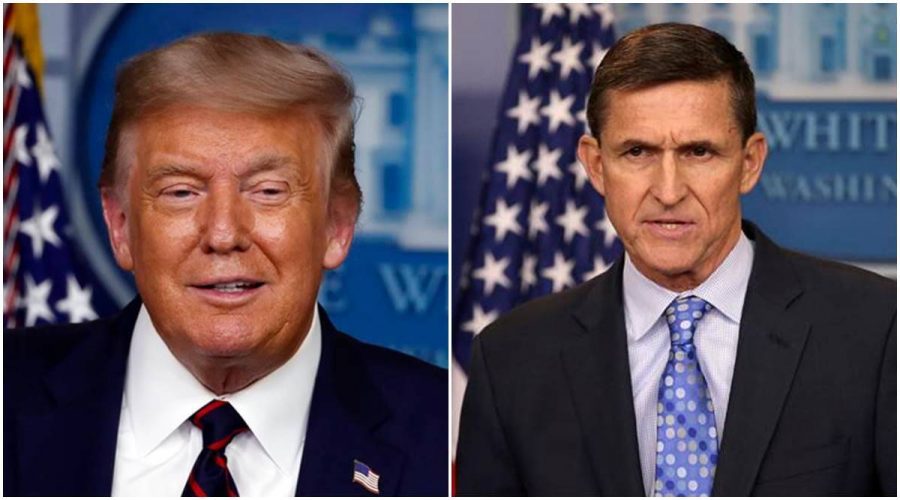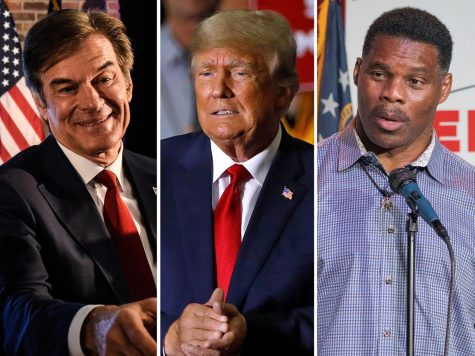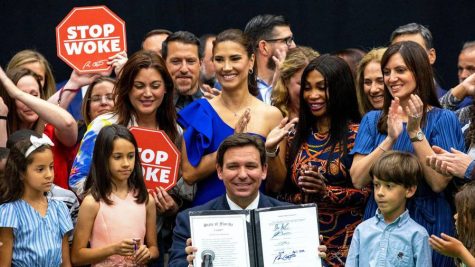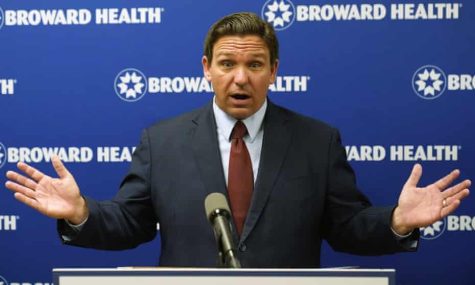Trump’s controversial use of the presidential pardon raises questions: one being, “Will he pardon himself?”
Many have questioned outgoing president Donald Trump’s pardons of his political cronies, such as that of his former national security adviser Michael Flynn (right).
The 2020 presidential election did not turn out in favor of the current but outgoing president, Donald Trump. On December 14, the Electoral College electors affirmed Joe Biden as the president-elect and the 46th president of the United States; however, Trump and his supporters continue to deny and attempt to delegitimize the Biden victory.
The Trump administration filed many lawsuits challenging the results of the presidential election in the crucial swing states Biden won with most of the legal challenges taking place in Pennsylvania, Michigan, Wisconsin, and Georgia. To date, the Trump campaign has brought over 60 legal challenges to the courts, losing all but one minor case in Pennsylvania that had no significant impact on that state’s final vote tally. In fact, most of the legal challenges were rejected before even receiving a hearing because the Trump campaign lawyers could not support their various claims of voter fraud with any tangible evidence.
But as it became apparently clear that his presidency is coming to an end, Trump began working to assure that he and his allies are in good standing once he doesn’t have all of the country’s legal resources at his disposal. Since the election, Trump has issued a number of presidential pardons for his allies, including former national security advisor Michael Flynn, former campaign advisor Roger Stone, and former campaign chairman Paul Manafort.
While issuing pardons during their final days in office is not uncommon for outgoing presidents, what sets Trump apart is the fact that he is discussing preemptively pardoning his family members and the idea that he may attempt to pardon himself.
According to The New York Times, “The Constitution does not bar pardons that raise the appearance of self-interest or a conflict of interest.” Therefore, the pardoning of relatives is not unconstitutional. In fact, former president Bill Clinton even pardoned his half-brother Roger Clinton before leaving office.
Trump pardoned Charles Kushner, the father of his son-in-law Jared Kushner, on December 23, proving that he is willing to pardon family members as have some of his predecessors. Kushner was convicted of a smorgasbord of crimes to which he had plead guilty: 16 counts of tax evasion, retaliating against a federal witness, and lying to the Federal Election Commission.
A more heavily debated aspect of the former president’s pardon power is the idea of “preemptive” pardons. In simple terms, a preemptive pardon would be granted before someone is even charged with a crime.
While the idea sounds strange to some, it is not unprecedented. Preemptive pardons are rare, but they have been granted before. One of the most notable was in 1974, when president Gerald Ford preemptively pardoned Richard Nixon. Nixon had just resigned from the presidency due to the Watergate scandal, and was pardoned before being charged with any crimes.
Despite having been done before, preemptive pardons are still heavily debated. Some experience curiosity and frustration with the unknown crimes that are given a “Get Out of Jail Free” card thanks to a preemptive pardon.
But that aspect is not even the most worrisome of the president’s potential pardons to many. There has been discussion of Trump possibly attempting to preemptively pardon himself. Many officials and even some students have debated whether the unprecedented idea of a self-pardon is even constitutional.
On June 4, 2018, the president tweeted, “I have the absolute right to pardon myself, but why would I do that when I have done nothing wrong?” Unfortunately for the president, many do not believe he has not “done nothing wrong,” but this tweet alone shows that Trump at least believes he has this power.
Many people have expressed concerns, especially with the flood of scandals and allegations against the president that Trump has under his belt. A self-pardon would wash away any chances of getting justice for Trump’s crimes, including allegations of sexual assault, tax fraud, bribery, and obstruction of justice.
According to Google, a pardon is “the action of forgiving or being forgiven for an error or offense.” OH sophomore Sami Levick considers this definition, emphasizing greatly on the idea of forgiveness. “You shouldn’t be able to pardon yourself because you can’t forgive yourself,” explains Levick. “Forgiveness has to come from other people.”
Some choose to utilize “rule of law,” the principle described by President Theodore Roosevelt as, “No man is above the law and no man is below it.” Those opposed to A Trump self-pardon believe that the act would in effect be Trump putting himself above the law. If he has this power, he should not be able to use it on himself, they argue.
However, supporters of a self-pardon highlight the lack of specifics in the Constitution about pardon power. According to Lawfare, “John Yoo emphasizes that the pardon power is broadly worded and contains no limitation for self-pardons.”
The Times states that “there is no definitive answer” as to whether a self-pardon is constitutional due to the fact that there has never been an attempt at a self-pardon before in US history. Individuals debating this issue develop their own personal interpretations, but the Supreme Court will ultimately declare the constitutionality of a self-pardon if Trump is bold enough to try it.
The last aspect of the pardons that needs to be considered is that, by law, the acceptance of a pardon is an admission of guilt. Those who have already accepted Trump’s pardon have affirmed that they are guilty of the crimes for which they have been pardoned. So, if Trump pardons himself, he would be admitting guilt to crimes that he has steadfastly denied he has committed.











